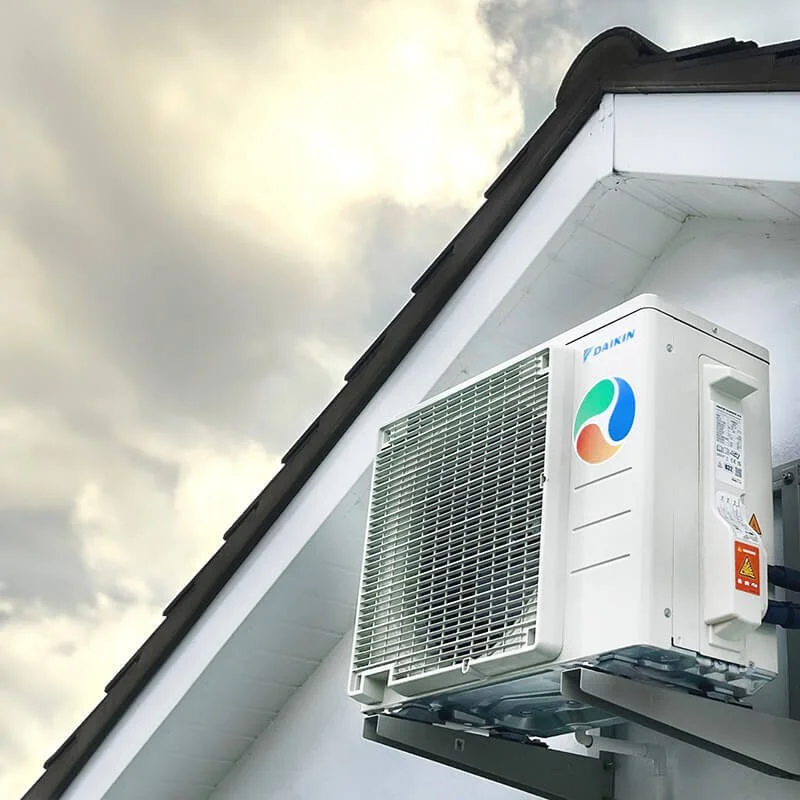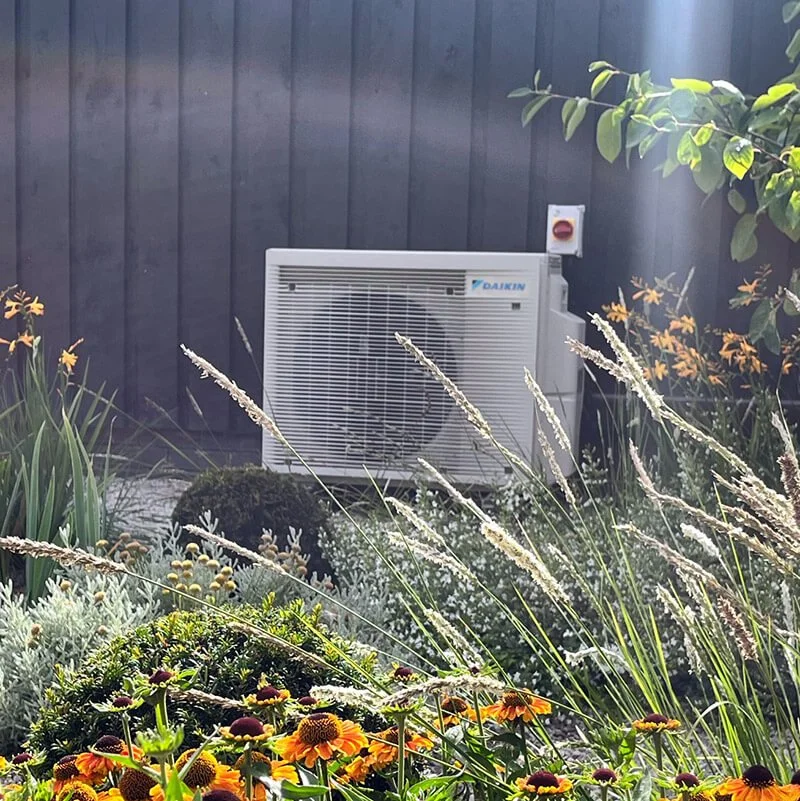Air Conditioning Noise Levels - What to Expect?
Air conditioners are now an indispensable part of our daily lives, providing comfort and relief during hot weather. However, one common consumer concern revolves around the noise pollution generated by these heating and cooling units.
It's essential to consider the permitted background noise level of an air conditioner before installation, as it directly affects well-being and the overall environment. Local authorities in the UK have established noise-control regulations that limit noise exposure dependent on specific situations, measured in decibels (dB), with variations based on the time of day and environmental factors.
Which factors affect the levels of noise from an air conditioning unit?
Advancements in technology and design adjustments can impact the acoustics of an installation. Sound levels are contingent on the brand, type of the air conditioner and the quality of the installation. Increased cooling capacities, typically linked with larger compressors and fans, generally lead to heightened decibel levels and audible noise due to increased airflow and vibrations.
The importance of professional installation cannot be overstated, as a subpar installation may result in problems like rattling, vibrations, or air leakage, all contributing to elevated noise levels across all audible frequencies.
Incorporating routine maintenance practices, including cleaning filters and lubricating moving components, proves effective in minimising noise caused by factors like dirt accumulation, friction or vibration.
A Daikin multi-split air conditioning installation at a home in Yorkshire.
A Daikin split type air conditioning system for a home office solution.
What Are Acceptable Noise Levels?
The perception of noise from an air conditioning fan is subjective and hinges on an individual's tolerance, preferences, and the intended use of the equipment. Nevertheless, specific criteria can aid in gauging suitable noise levels for different environments and ensuring compliance with the air conditioning noise regulations in the UK, whilst providing a comfortable and energy-efficient experience.
The permitted noise level of an air conditioner should be considered before installation, as it can impact well-being and the suitability of the internal space affected by the noise source as a whole. Local authorities set noise regulations recorded in decibels (dB), varying by time of day and environment.
In offices and commercial areas, where maintaining focus and productivity is vital, the recommended noise level is between 40 to 60 dB. In these settings, quieter air conditioners are preferred to create a pleasant and conducive working atmosphere. In hospitals and Libraries, the permitted noise levels are set to 40db.
In residential settings, such as bedrooms and living rooms, a noise level of 50 to 60 dB is generally considered suitable during the day, while 40 to 50 dB is recommended at night for undisturbed sleep. For those prioritising noise reduction, many modern air conditioners come equipped with a "quiet" mode, providing low-noise air conditioning solutions.
Expert, friendly air con advice.
If you're worried about noise from your air conditioning fan, consult your local authority or council for the most up-to-date information and guidelines. Alternatively, speak to the team for an installation estimate.


